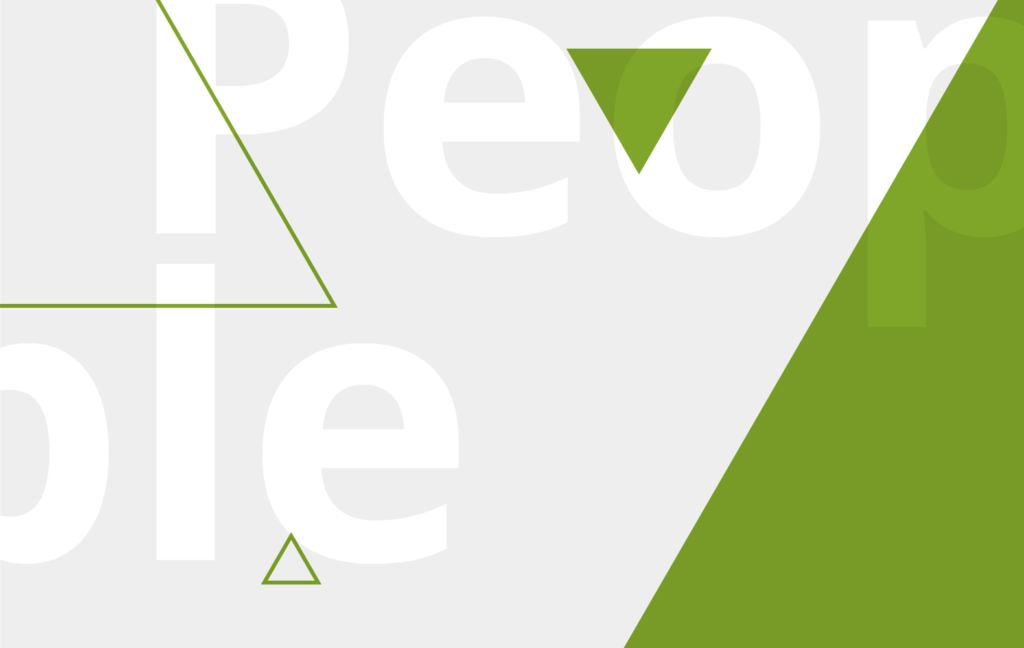2 July 2019 – As part of the career development opportunities offered by the EMBO Young Investigator network, young group leaders can choose an EMBO Member as a mentor. Three mentoring pairs talked to Kathy Weston about how their relationship influenced their approach to science and running an independent lab.
Annika Guse studies coral–algal symbiosis. Establishing a lab that works on a non-conventional model organism brings a number of challenges, and it was this that Guse had in mind when she set out to pick a suitable mentor.
Connecting over unusual approaches
“I searched the EMBO Members’ directory for someone with a cell biological background like me, but who was interested in exploring new model systems and evolution-related questions,” she explains, “and I found Buzz Baum”. Baum had recently started working on the evolution of eukaryotes, using archaea, single cell organisms that were first isolated from hot springs in Yellowstone National Park, as a model to study how complex cells arise.
“When I asked about Buzz I heard that he was an exceptional scientist and was great to talk to, so he seemed like a perfect choice,” says Guse. Despite saying that his most useful piece of advice to potential mentees is “learn to say no,” Baum agreed to become Guse’s mentor “because when we started talking it was clear we were both doing things that are a bit whacky, and I quite like whacky!”
“When you step outside an established field and go your own path, as we both have, it takes time to develop tools and so forth, and whilst people give you some time, you also have to publish to show you have used the trust and money they’ve invested in you to deliver something,” Baum says. “Annika and I had both been thinking about this a lot before we met.”
Guse agrees, and also highlights the potential isolation of starting in a new discipline. “Finding a new community is hard when you go it alone, and if you try to talk to people who don’t work in emerging models, they’re bored by the difficulties you’re facing every day, and lose interest rapidly.”
Exploring joint projects
The two hit it off so well that earlier this year, Guse helped Baum organise an EMBO Young Investigator student workshop in Palestine. “It worked out pretty well”, she says. “I knew it would be a good learning experience and I would meet interesting people, but it also felt like a once in a lifetime opportunity.”
Having Baum as an external mentor has given Guse a new confidence: “The kind of advice I get from Buzz is really helpful,” she explains. “Sometimes I’m not secure enough to push something through, or I shy away because I don’t want to annoy anybody. Buzz gives me support on new ideas and hard decisions, including dealing with lab members, when you want to be fair but you still want to convey your own vision.”
Baum says that he and Guse have a very similar personal philosophy, which is why the relationship works so well: “Mentoring schemes sometimes don’t work because so much depends on how you want to do science. There’s no one way to succeed, but whatever path you choose, there will be lots of barriers to overcome and labyrinths to navigate. So, everyone needs help to be the best scientist they want to be, and you can give that help most effectively if you agree on what that best way is.”
“Science is a community endeavour,” concludes Baum, “and I really enjoy the coincidence that I’m mentoring someone who is studying symbiosis, where coming together and sharing things is a way of life!”




